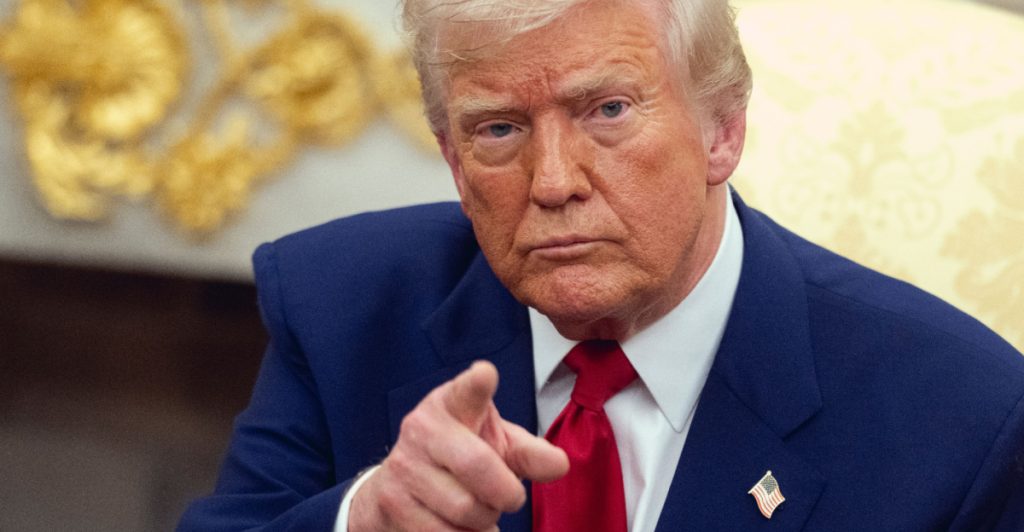Despite months of vocal resistance, Hungarian Prime Minister Viktor Orban has withdrawn his veto blocking Ukraine’s path to EU accession.
Others are reading now
Despite Hungary’s hardline rhetoric against Ukraine’s EU bid, diplomatic sources claim US President Donald Trump played a decisive role in shifting Viktor Orban’s stance.
Behind Closed Doors
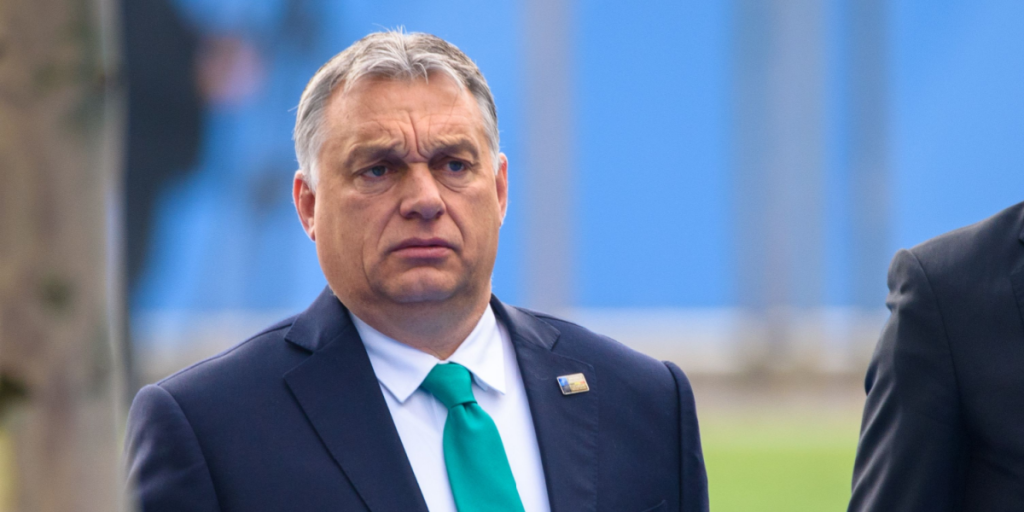
Hungarian Prime Minister Viktor Orban has reportedly dropped his long-standing opposition to Ukraine’s EU accession talks.
According to Politico, multiple diplomatic sources confirmed on August 27 that Trump personally persuaded Orban to lift Hungary’s blockade, clearing a major hurdle in Ukraine’s path to the European Union.
Neither Trump nor Orban has publicly detailed what was discussed or agreed to, and the mechanics of the persuasion remain unclear.
“I’ve Already Voted”
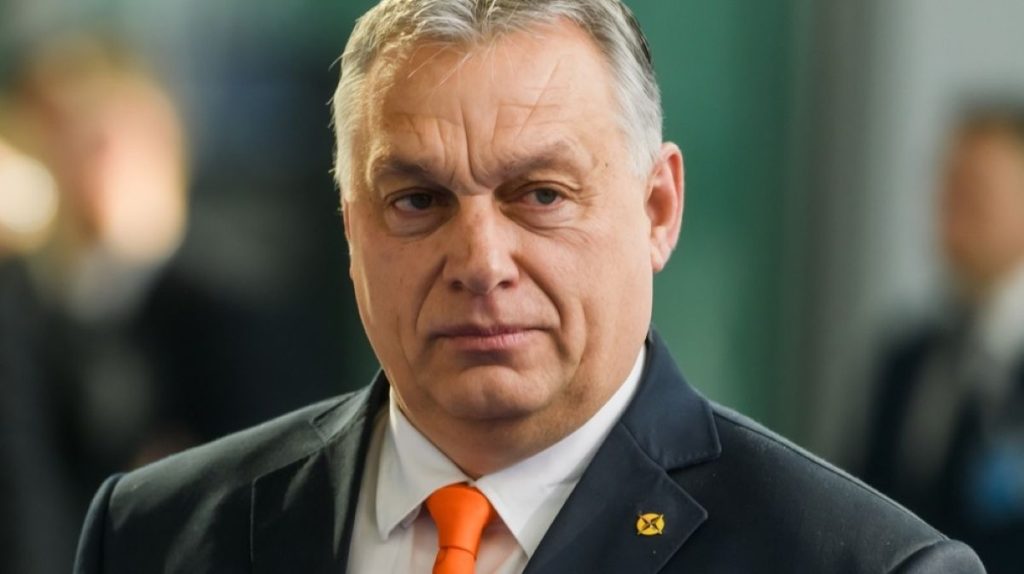
The apparent U-turn is striking given Orban’s vocal and consistent opposition to Ukraine’s EU membership.
Also read
As recently as April, Orban posted a photo of his marked ballot opposing Ukraine’s accession as part of a government-led national consultation.
“Brussels and the Tisza Party support Ukraine’s EU accession. This would destroy the Hungarian economy,” Orban wrote. “We won’t let them decide our future over our heads. I’ve already voted.”
From Hard No to Quiet Reversal
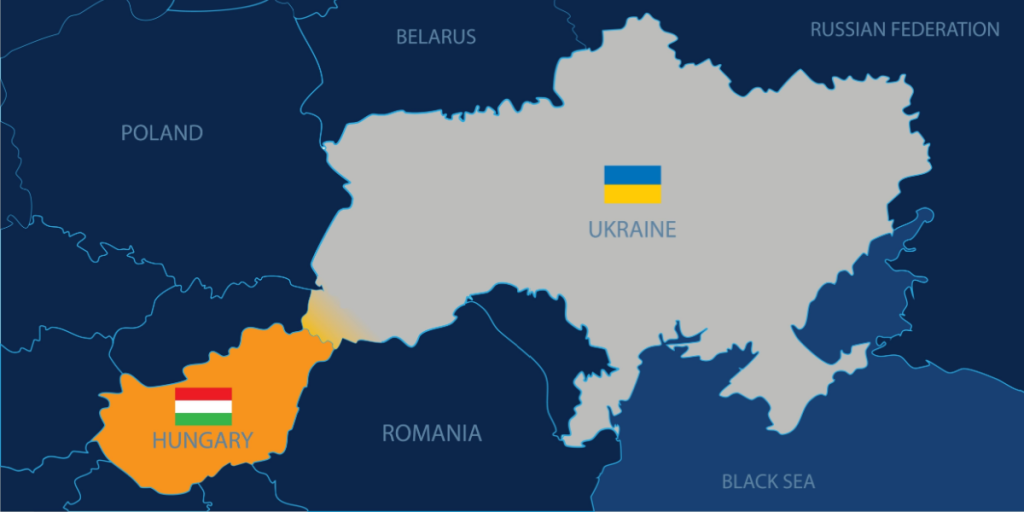
Hungarian officials have repeatedly stated that admitting Ukraine would endanger Hungarian farmers and businesses, while also citing concerns about minority rights and governance standards in Ukraine.
Yet, diplomatic insiders now say that the Hungarian leader has dropped his opposition without explanation.
What Did Trump Offer?
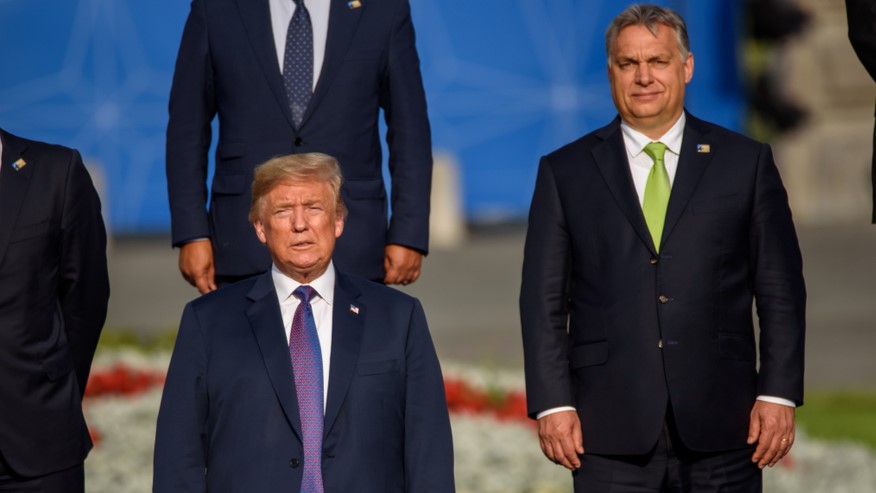
The nature of Trump’s persuasion is unknown.
Also read
No official readout of a conversation has been released, and Orban has not commented publicly on the reversal.
One theory is that Trump offered political or economic incentives behind the scenes, possibly in relation to Hungary’s ongoing disagreements with Brussels or as part of broader transatlantic diplomatic maneuvering.
Given Orban’s longstanding admiration for Trump and their shared skepticism toward the EU’s liberal consensus, analysts suggest personal diplomacy may have carried unusual weight in this case.
Hungarian Opposition
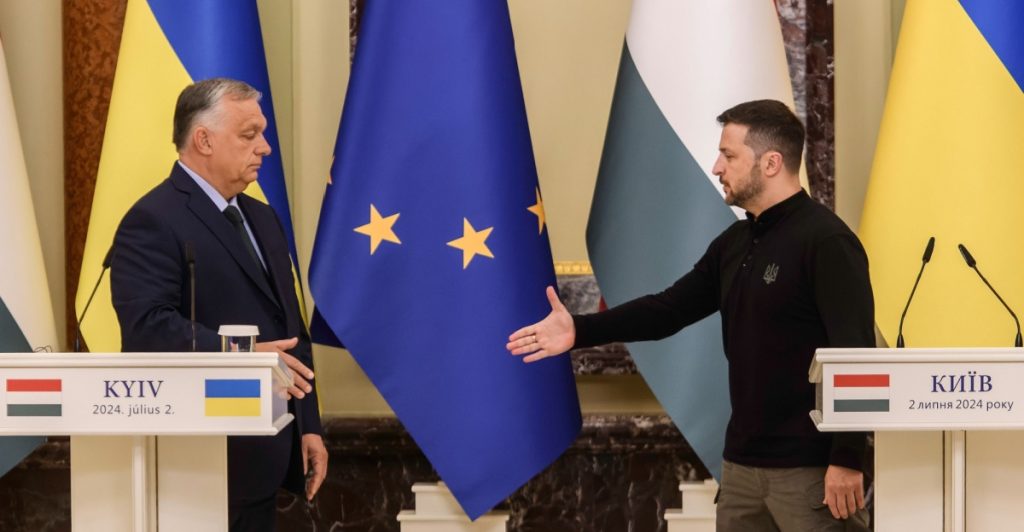
Meanwhile, Orban’s nationalist Fidesz government continues to publicly oppose other key European policies related to the war in Ukraine.
The government’s national consultation, for example, asked citizens to vote on whether Hungary should block EU funds for Ukraine and oppose military support.
Also read
Orban also threatened to veto the renewal of EU sanctions against Russia unless Ukraine resumes transit of Russian gas.
Poland Pushes Back
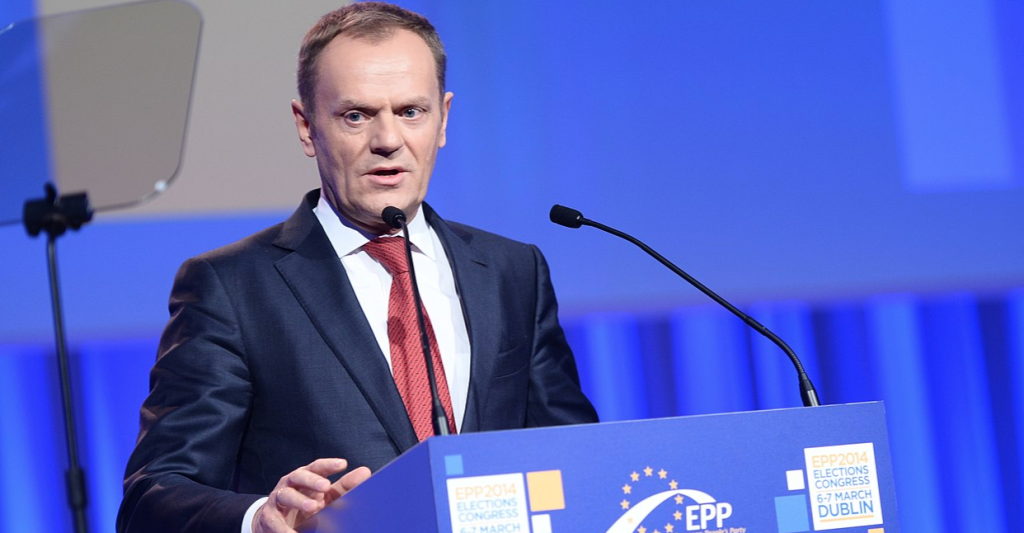
The Polish Prime Minister Donald Tusk has publicly rejected the idea of Hungary hosting peace talks between Ukrainian President Volodymyr Zelenskyy and Russian President Vladimir Putin.
Referencing the 1994 Budapest Memorandum, under which Ukraine gave up its nuclear weapons in exchange for international security guarantees, Tusk argued that Hungary lacks the moral credibility to host such negotiations.
“We have not forgotten Budapest. Not the old one, and not today’s either,” Tusk wrote on X.
What This Means for Ukraine
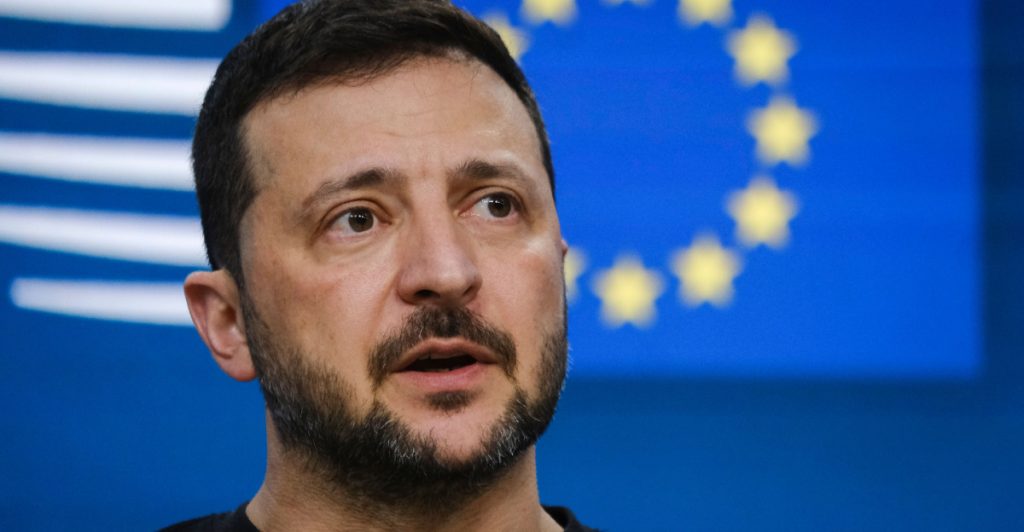
The removal of Hungary’s blockade could pave the way for formal EU negotiations on Ukraine’s accession to begin. This would be an important symbolic and political victory for Kyiv amid ongoing war with Russia.
Also read
Still, Hungary’s apparent reversal doesn’t signal unconditional support.
Orban’s government remains deeply skeptical of closer integration, and officials in Brussels expect future hurdles on everything from minority protections to energy infrastructure.

